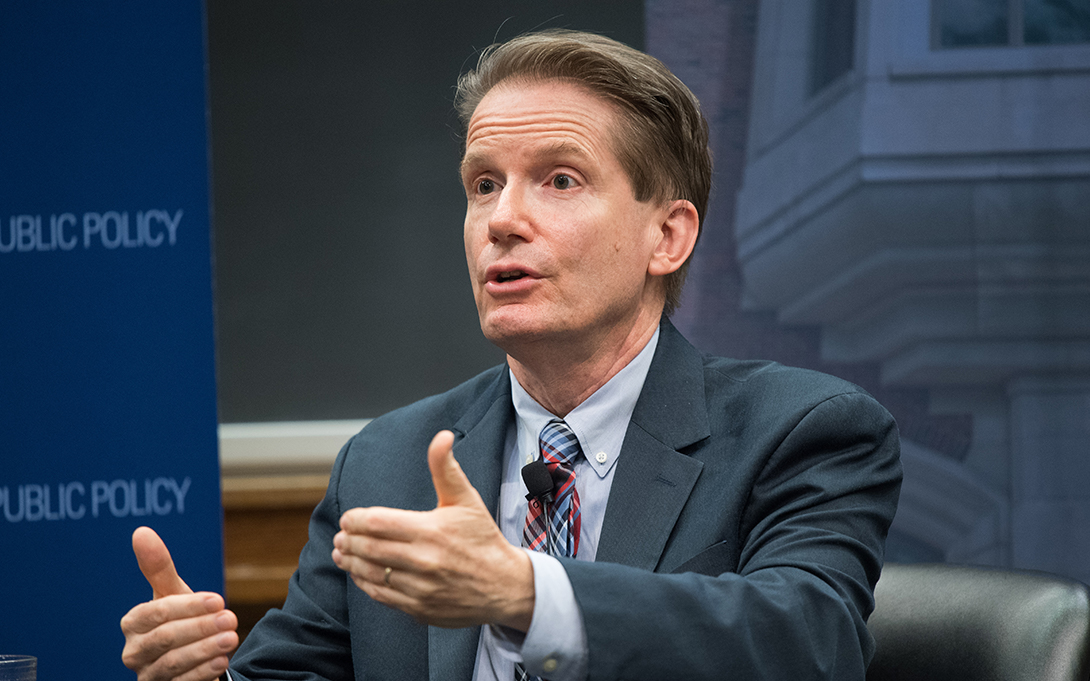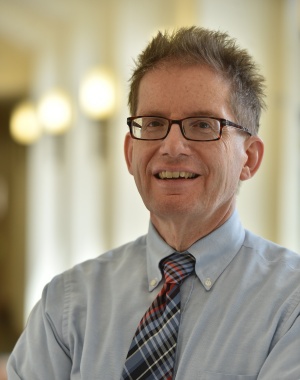
A recent survey shows that Americans prefer reducing greenhouse gas emissions as the main way to address climate change. Yet the findings, contained in the Winter 2022 National Surveys on Energy and Environment (NSEE), do “not necessarily mean that public opinion has coalesced around specific mitigation policy options. The last three decades of American experience underscores the ongoing political challenge of climate policy adoption, reflected in the failure of the current Congress to reach agreement on major legislation despite bold promises,” Ford School professor Barry Rabe writes in the Brookings FixGov blog.
The survey examined three options for addressing climate change. Pursuit of greenhouse gas reductions, currently the most prevalent current policy option, was favored by 42%, while promoting geoengineering and related new technology efforts has 20% support, and adapting to a warmer world was only chosen by 13% of respondents. Ten percent of respondents said that all three were equally important.
Rabe notes that the belief that global temperatures are warming overall reached an all-time high (76%) and decisive majorities view climate change as a serious problem (69%-to-30%), believe that it will harm people living in the United States (63%-to-33%), and characterize climate change as a “public health emergency” (55%-to-42%).
“But despite prolonged political combat over policies to reduce greenhouse gas emissions, Americans harbor serious reservations over alternatives focused on adaptation or deployment of new technologies to either atmospherically block warming or store released emissions below ground,” he writes.
New technologies like adding materials to the atmosphere to avert warming temperatures, carbon storage, or direct air capture are still in their early stages and are not widely understood. And skepticism about adaptation to a warmer climate was seen as unrealistic, with a majority (60%-to-34%) disagreeing that humans will be able to adapt to a hotter climate “without making significant changes to their lifestyles.”
Emission reduction remains public’s preferred approach to climate change, Brookings, May 10, 2022.

